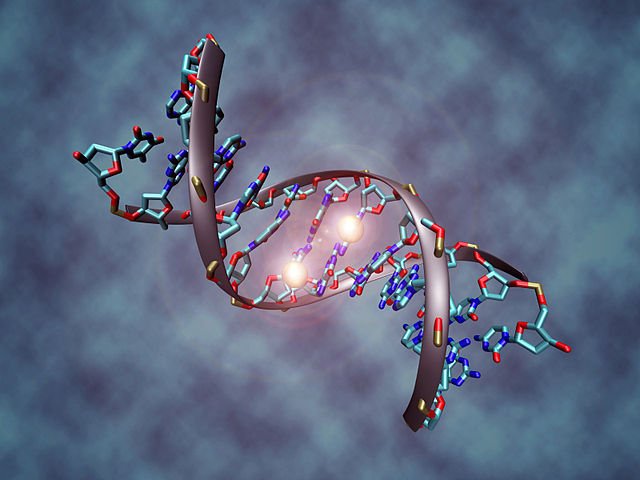Research carried out at the Hebrew University of Jerusalem has provided the first proof of molecular risk factors leading to type 2 diabetes, providing an “early warning” sign that could lead to new approaches to treating this and other human disease conditions.
Despite extensive research on the molecular basis for the difference in susceptibility between individuals to common diseases, the subject is still poorly understood. A prime example of this is type 2 diabetes (T2D), a very widespread human disorder.
What is it that characterizes the susceptibility to this disease? Epigenetic variations – which are small molecular marks superimposed on the DNA structure – have been frequently hypothesized to modify predisposition, but direct evidence was missing.
Related Stories:
Artifcial Blood Vessels Created To Cure Diseases
Israeli-Developed Artificial Pancreas Tested On Diabetic Children
Now, a research team led by Dr. Asaf Hellman of the Hebrew University’s Institute of Medical Research Israel Canada has developed a novel, multistep, study design involving the analysis of disease-contributing epigenetic variations among hundreds of patients and control individuals.
Up until this research was conducted it was customary to map the sequence of molecules in the DNA to find patterns that distinguish between patients who are diagnosed with diabetes and healthy individuals. The researchers hypothesized that an epigenetic mark is affected by the environment we live in, such as the food we eat and chemicals or toxins we are exposed to. Their assumption was that epigenetic marks can prevent proper functioning of genes, causing diseases, even when the sequence of the DNA appear to be completely normal.
To examine the assumption, the researchers mapped the epigenetics of hundreds of patients with type 2 diabetes, and compared them to the epigenetics of healthy individuals. The differences in the epigenetics were found in a large number of patients and revealed a clear-cut distinction between sick and healthy patients.
Dr. Hellman said that “this method of mapping epigenetics allows a much more efficient prediction of risks to the disease in young people that have not yet showed any other symptoms of the disease.”
According to the researchers, the results shed new light on the mechanism of individual predisposition to the disease and perhaps to other complex diseases, such metabolic, autoimmune and psychiatric disorders.
The researchers from the Hebrew University hope that this discovery could contribute to future development of drugs and measures to prevent these diseases.
Related posts

Israeli Medical Technologies That Could Change The World

Harnessing Our Own Bodies For Side Effect-Free Weight Loss

Missing Protein Could Unlock Treatment For Aggressive Lung Cancer




Facebook comments